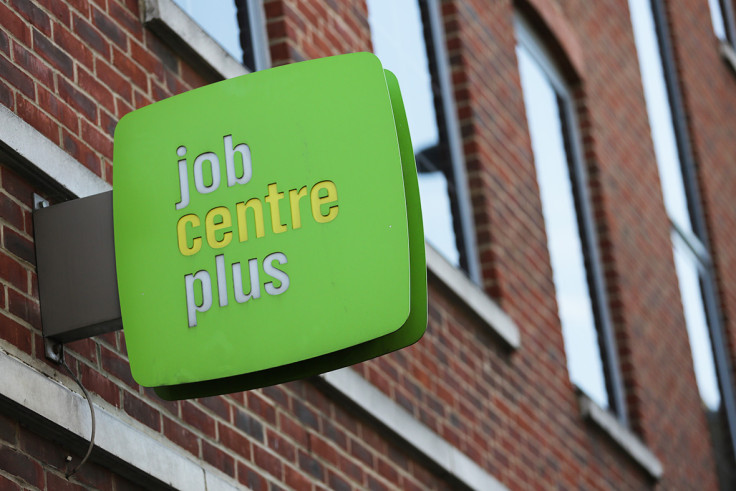UK unemployment falls to its lowest level for 11 years
UK jobless count continues to fall regardless of the country's Brexit vote.

The unemployment rate fell to its lowest level for 11 years as firms seemed to shrug off the UK's vote to leave the EU.
The country's jobless count fell by 37,000 to 1.6 million in the three months to September, according to the Office for National Statistics (ONS).
It reported an unemployment rate of 4.8% between July and September– a level last seen in the third quarter of 2005.
The Bank of England had forecast that unemployment is set to rise amid uncertainty over Brexit.
A number of commentators pointed out that the pace that new jobs are being created was slowing, and rising inflation is eating into wage growth.
Average earnings increased by 2.3% in the year to October, unchanged on the previous month.
However, there was some evidence that hiring among firms was easing as the number of people in work rose by 49,000. That was the slowest increase since the first quarter of this year.
GKFX Financial Services chief market analyst James Hughes said: "Initial fear over what Brexit may mean may have caused a brief period of uncertainty in the markets, however today's reading is the more the continued progression of an improving economy in the UK rather than a reaction to the referendum decision.
"We must still take this number for what it is and that is a strong reading in an ever-improving UK economy."
The total number of people in jobs remained at a record high of 31.8 million, the ONS figures showed.
Labour market cooling
Although, the number of people claiming unemployment benefits in October increased by 9,800, the biggest rise since May.
ONS statistician David Freeman said: "Unemployment is at its lowest for more than 10 years and the employment rate remains at a record high. Nonetheless, there are signs that the labour market might be cooling, with employment growth slowing."
The TUC said taking inflation into account, which is trending higher, real wage increases slipped down to a rise of 1.7% compared to a year ago.
TUC general secretary Frances O'Grady said: "Real pay growth is the slowest it's been since early 2015. Wages are not growing fast enough to withstand the rise in inflation expected next year.
"Without swift action from the government, working people could soon by paying the price for Brexit with another fall in living standards."
Road and rail investment
O'Grady called on Chancellor Philip Hammond to use the Autumn Statement next week to boost jobs and wages by investing in rail, roads, new homes and clean energy.
Suren Thiru, head of economics at the British Chambers of Commerce (BBC), added: "While the latest figures confirm that the labour market remains a key source of strength for the UK economy, the slowing pace of job creation and the significant jump in the claimant count indicates a slight loss of momentum."
The BBC also called on the Chancellor to use the Autumn Statement to support firms looking to recruit and invest in their workforce, including measures to boost investment and lower business costs.
The data shows there are 23.2 million people working full-time, an increase of 350,000 from this time last year. There are 8.56 million people working part-time, an increase of 110,000.
The number of self-employed people increased by 213,000 to 4.8 million - 15.1% of all people in work.
Mike Cherry, national chairman of the Federation of Small Businesses, said: "These figures are another signal that more needs to be done to support the self-employed, including on developing a clear legal definition of self-employment and on issues like access to mortgages and income protection, and addressing the discrepancies between the self-employed and employees in the social security system, such as on maternity pay."
© Copyright IBTimes 2025. All rights reserved.






















